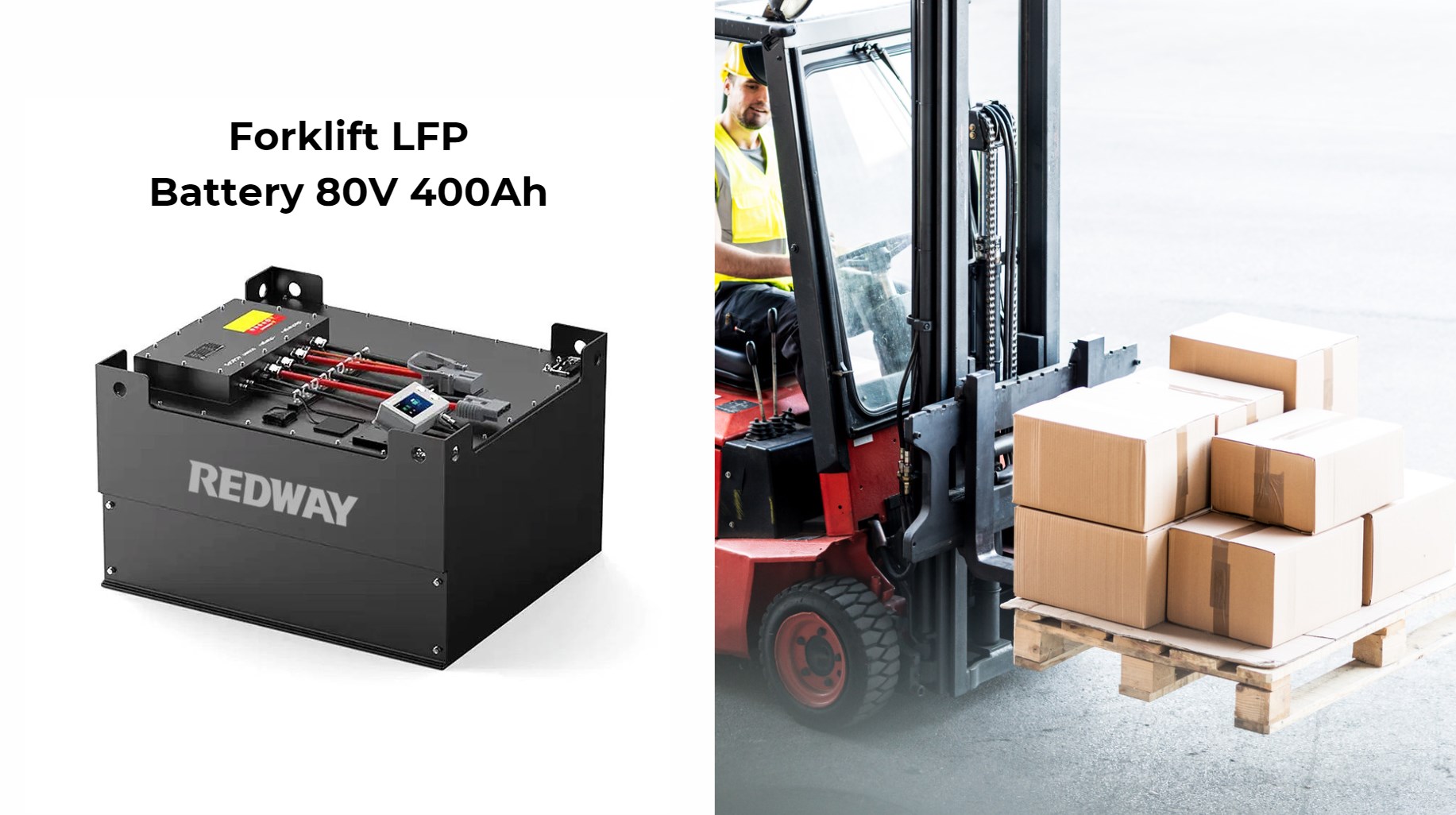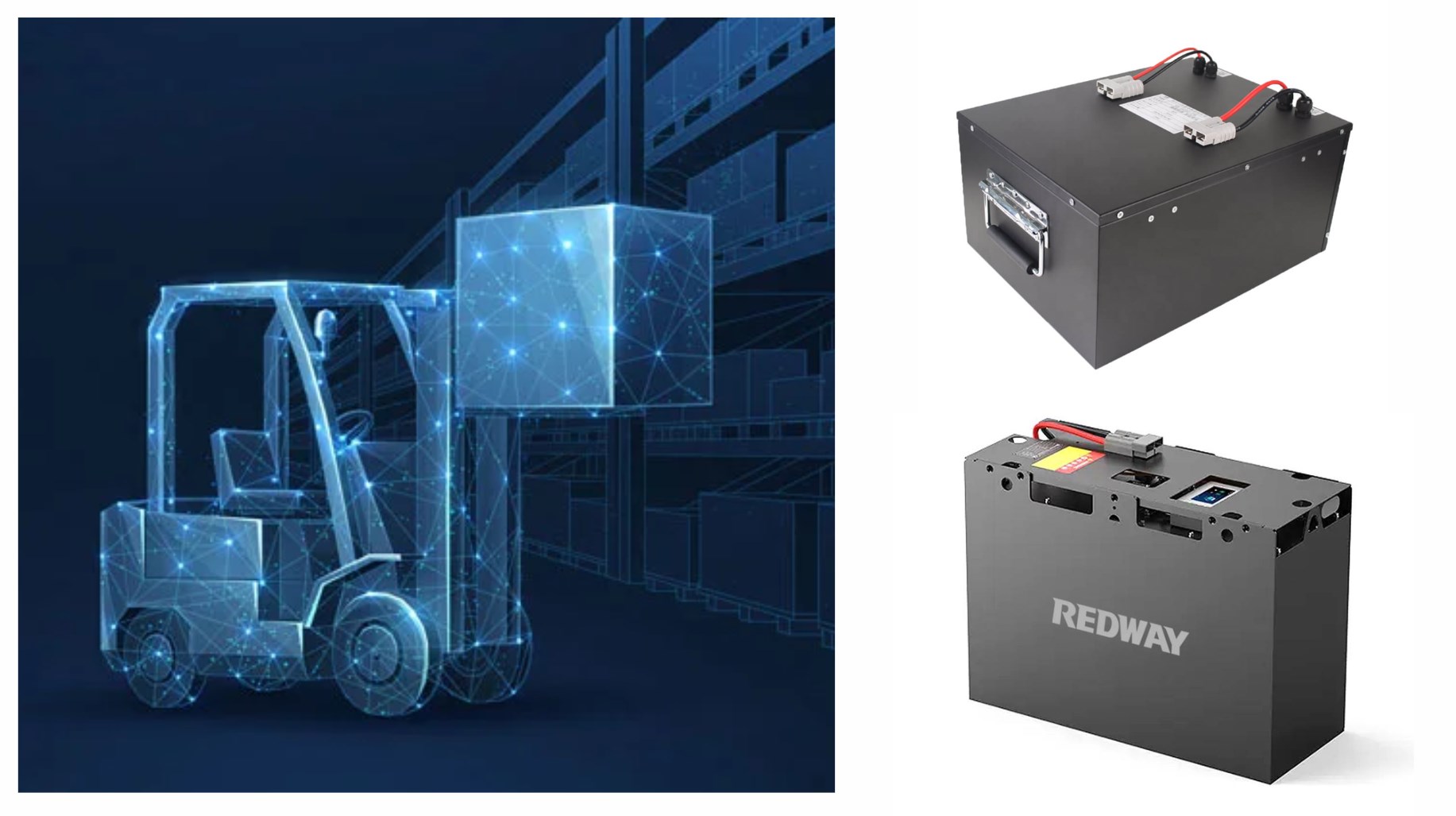Forklift batteries typically weigh between 1,500 to 3,000 pounds depending on their size and type (lead-acid or lithium-ion). The weight is designed to provide stability during operation and support heavy lifting tasks.
When considering the operational efficiency and cost-effectiveness of forklifts, the weight of the forklift battery is a pivotal factor. The weight not only affects the forklift’s balance and stability but also plays a significant role in its overall performance and longevity. In this comprehensive guide, we delve into the specifics of forklift battery weights, their variations, and their impact on your operations.
Understanding Forklift Battery Types
Forklift batteries are typically classified into three main types: Lead-Acid Batteries, Lithium-Ion Batteries, and Nickel-Iron Batteries. Each type has distinct characteristics and weight profiles.
Wholesale lithium golf cart batteries with 10-year life? Check here.
Lead-Acid Batteries
Lead-acid batteries are the most commonly used in forklifts. They consist of lead plates submerged in sulfuric acid, which leads to a significant weight due to the materials used.
- Weight Range: Lead-acid forklift batteries can weigh between 800 to 4,000 pounds (approximately 360 to 1,814 kilograms), depending on the battery size and capacity.
- Factors Influencing Weight: The number of cells, the size of each cell, and the specific construction design influence the overall weight. For instance, a 24-volt lead-acid battery is lighter compared to an 80-volt counterpart.
- Usage and Application: These batteries are ideal for heavy-duty operations and are commonly used in warehouses and manufacturing facilities.
Lithium-Ion Batteries
Lithium-ion batteries are known for their efficiency and longer lifespan. They are relatively lighter compared to lead-acid batteries but can still be substantial in weight.
Want OEM lithium forklift batteries at wholesale prices? Check here.
- Weight Range: Lithium-ion forklift batteries usually weigh between 500 to 3,000 pounds (about 227 to 1,361 kilograms).
- Factors Influencing Weight: The composition of lithium cells and the configuration of the battery pack affect the weight. Advanced technology in these batteries can also reduce the overall weight while maintaining high energy density.
- Usage and Application: These batteries are suitable for environments requiring fast charging and minimal maintenance, such as high-turnover logistics centers.
Nickel-Iron Batteries
Nickel-iron batteries, though less common, are known for their durability and resistance to harsh conditions.
- Weight Range: The weight of nickel-iron batteries can range from 600 to 2,500 pounds (approximately 272 to 1,134 kilograms).
- Factors Influencing Weight: The specific chemical composition and cell structure dictate the weight. These batteries are robust but heavier due to the iron content.
- Usage and Application: Ideal for extreme environments where battery longevity and resistance to damage are crucial.
Factors Determining Forklift Battery Weight
The weight of a forklift battery is influenced by several key factors:
Battery Voltage
- 24-Volt Batteries: Typically lighter, suitable for smaller forklifts used in light-duty applications.
- 36-Volt Batteries: Moderate weight, often used in medium-duty operations.
- 48-Volt Batteries: Heavier, designed for more intensive tasks.
- 80-Volt Batteries: The heaviest, used in large forklifts for heavy-duty industrial applications.
Battery Capacity (Ampere-Hours – Ah)
Higher capacity batteries weigh more due to the increased amount of active material required to store and deliver more energy.
Cell Count and Configuration
Batteries with a higher number of cells or specific configurations to meet certain voltage and capacity requirements will have different weights.
Construction Materials
The materials used in battery construction, such as lead, nickel, and lithium, significantly influence the overall weight.
Importance of Battery Weight in Forklift Operations
The weight of the forklift battery is crucial for several reasons:
Stability and Balance
- Counterbalance: In counterbalanced forklifts, the battery weight acts as a counterweight, providing stability and preventing tipping during lifting operations.
- Center of Gravity: Proper battery weight distribution is essential to maintain the forklift’s center of gravity, ensuring safe and efficient operation.
Performance and Efficiency
- Energy Density: Heavier batteries often have higher energy densities, allowing for longer operating times between charges.
- Durability: The robustness of heavier batteries typically translates to better durability and a longer lifespan, reducing replacement frequency and operational downtime.
Operational Costs
- Maintenance: Heavier batteries, particularly lead-acid types, may require more maintenance due to the materials used.
- Energy Consumption: The weight of the battery can impact the overall energy consumption of the forklift. Lighter batteries may improve efficiency but might also compromise on capacity and operational time.
Choosing the Right Forklift Battery
Selecting the appropriate forklift battery involves balancing several factors, including weight, capacity, and application needs. Here are some considerations to guide your decision:
Application Requirements
- Light-Duty: For light-duty applications, a lighter battery such as a 24-volt lead-acid or lithium-ion battery may suffice.
- Heavy-Duty: For heavy-duty operations, an 80-volt lead-acid or lithium-ion battery would be more appropriate.
Operating Environment
- Indoor: Lithium-ion batteries are preferable for indoor environments due to their low maintenance and no emission features.
- Outdoor: Lead-acid batteries are often used outdoors where weight and durability are more critical.
Budget and Cost Efficiency
- Initial Cost vs. Long-Term Savings: While lithium-ion batteries have a higher upfront cost, their longer lifespan and lower maintenance needs can lead to significant long-term savings.
Maintenance and Handling
- Maintenance Capability: Assess your capacity to handle battery maintenance. Lead-acid batteries require regular watering and cleaning, while lithium-ion batteries are largely maintenance-free.
Conclusion
Understanding the weight of forklift batteries is essential for optimizing your forklift operations. By considering the type, voltage, capacity, and specific application needs, you can select the most suitable battery for your forklift, ensuring operational efficiency, safety, and cost-effectiveness. Whether opting for a robust lead-acid battery or a lightweight lithium-ion alternative, the right choice will significantly enhance your operational capabilities and productivity.







